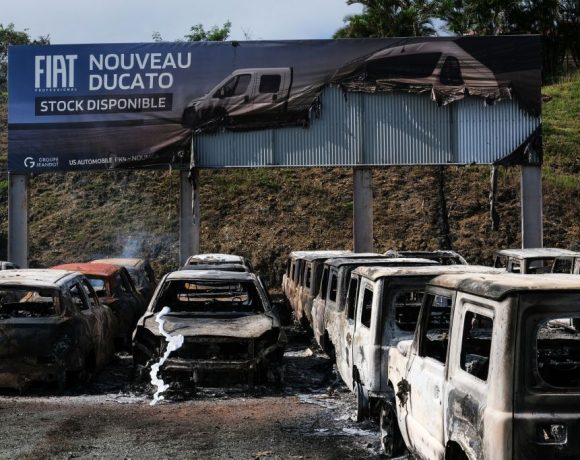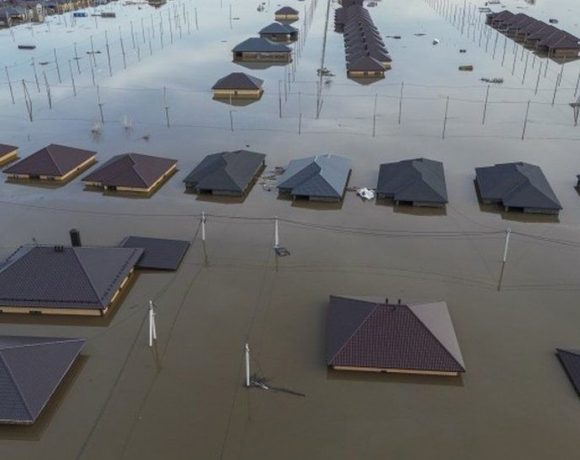
New Caledonia, a Pacific territory under French governance since the 19th century, is currently gripped by violent unrest stemming from the French parliament’s decision to expand voting rights for French residents there. This move, allowing long-term French citizens in New Caledonia to participate in provincial elections, has sparked outrage among many locals who perceive it as marginalizing the indigenous Kanak people and undermining their political representation.
The escalation of protests into riots has resulted in fatalities, numerous injuries, and widespread property damage, marking the most severe unrest the territory has experienced since the 1980s. In response, French President Emmanuel Macron canceled a planned trip and convened an emergency meeting to address the crisis. The situation prompted authorities to impose a curfew and ban public gatherings in an attempt to restore order.
Despite efforts to quell the violence, tensions remain high, with continued clashes between protesters and law enforcement. The unrest has led to a significant number of arrests and calls from both local and national leaders for calm and de-escalation. The situation underscores the complex political dynamics in New Caledonia, where issues of autonomy, indigenous rights, and French governance intersect, fueling longstanding grievances and tensions within the community.
Picture Courtesy: Google/images are subject to copyright

